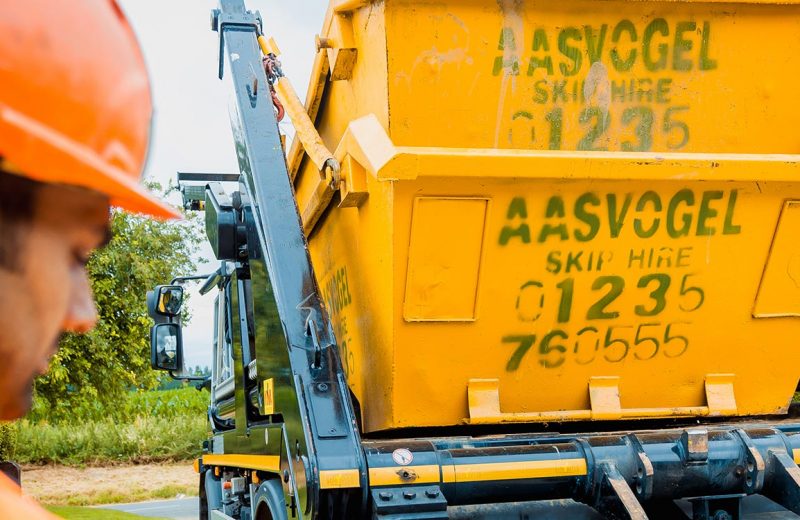You know that around 8 million tonnes of plastic ends up in the ocean every year – so, like any good and upstanding citizen, you’ve put your plastic bottles and containers in the recycling, ready to start new lives. But what happens after all that plastic gets collected?
Plastic Processing
After collection, the next step in plastic recycling is sorting. Not all plastics are made the same way – some are dyed, cut with filler or made of different materials entirely. Some plastics can’t yet be economically or ecologically recycled at all (more on these later).
So, the first step is sorting the plastics according to their type. Sometimes plastics are sorted by colour as well as type, because dyes can be difficult to separate from the main material.
After sorting, the different plastic types are shredded up and sieved, with additional processes added in to get rid of impurities – things like paper labels, glue and liquid. The shredded plastic is then heated and melted down into a thick, viscous fluid – with a consistency similar to jam.
This is the point at which the sorting process proves to be vitally important. This is because some plastics are denser than others, so when they’re melted and combined, one will ‘float’ on top of the other – just like oil floats on water. The resulting product would separate and break apart, even if it was (apparently) thoroughly mixed.
Back to the jam-like melted plastic for the final phase of the recycling process. The thick, melted plastic gets forced through an extrusion mould, emerging as plastic pellets. These pellets are then sold on, becoming the raw material for brand new products.
What Kind of Plastics can be Recycled?
There are two classes of plastic: thermosetting plastics and thermoplastics.
Currently, thermosetting plastics cannot be recycled efficiently (although new developments are emerging in recyclable thermosetting plastics).
Thermosetting plastics are chemically cured after moulding, which makes them extremely strong, shiny and impervious to tarnishing and breakdown. But it also means they don’t melt, so there’s no way to turn them into new shapes.
You’ll find thermosetting plastics in furniture, cars, plug sockets, double glazed doors and windows, toys, tools and most large electronics.
Still, there are plenty of thermoplastic types that can be recycled easily, economically and in an environmentally friendly way:
- Polyethylene terephthalate (PET, PETE)
- High-density polyethylene (HDPE)
- Polyvinyl chloride (PVC)
- Low-density polyethylene (LDPE)
- Polypropylene (PP)
- Polystyrene (PS)
- Polycarbonate and ABS
Besides thermosetting plastics, there are a few thermoplastic items that can’t yet be recycled:
- Polystyrene (the kind found in packaging)
- Plastic carrier bags
- Cellophanes and films (the kind found in microwave ready meal containers)
What do Recycled Plastics get turned into?
From food and drink containers to vinyl records, plastics make up so much of the things we use every day that listing them all out would take days! But recycled plastic can be turned into some really interesting and unusual items – let’s take a look at some of the possibilities.
Polycarbonate
- Bulletproof glass
- Riot shields
- Lenses for glasses
- CDs
Polyvinyl Chloride (PVC)
- Vinyl records
- Piping
- Electrical insulation
Polyethylene Terephthalate (PET, PETE)
- Drinks bottles
- Peanut butter and jam jars
- Small electronic devices
Why Recycle Plastic?
There’s a world of items ready to be made out of waste plastic – and a world to save from plastic bottle pollution.
An astonishing 91% of all plastic isn’t recycled. This means that most of it ends up in landfill – but much of it becomes litter. Eventually, litter makes its way to the sea, where pretty much everything on land that isn’t tied down ends up.
This isn’t just untidy and ugly – it’s destroying the ocean and putting our whole world in danger. Animals are ingesting plastic, so much so that a third of all fish destined to be human food contains plastic. Plastic is now and forever more a part of the food chain. The long-term effects of this are unknown, but there could be serious health implications (even for people that don’t eat fish).
Other animals are simply being choked to death by the plastic in the water – in incredible numbers. If ocean ecosystems collapse, it won’t take long for every living process to collapse along with them.
So please – recycle your plastics.
Talk to Aasvogel About Bulk Recycling
Aasvogel does recycling with a difference. With over 20 years of waste management experience, we’re here to deliver you a professional and environmentally-friendly service.
Our fully licensed recycling plant in Wantage, Oxfordshire, is equipped with the latest technology. Our experienced, dedicated team has helped us reach a recycling rate of 95% – and we continue to improve.
To see what difference we can make to you, give us a call on 01235 760555 or contact us.



